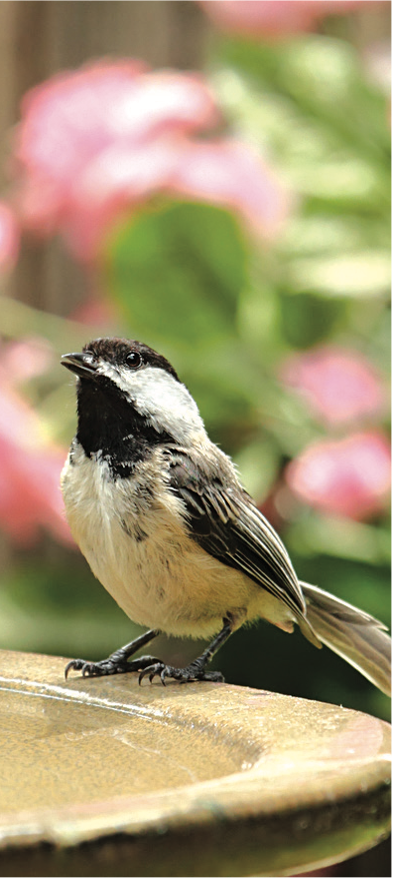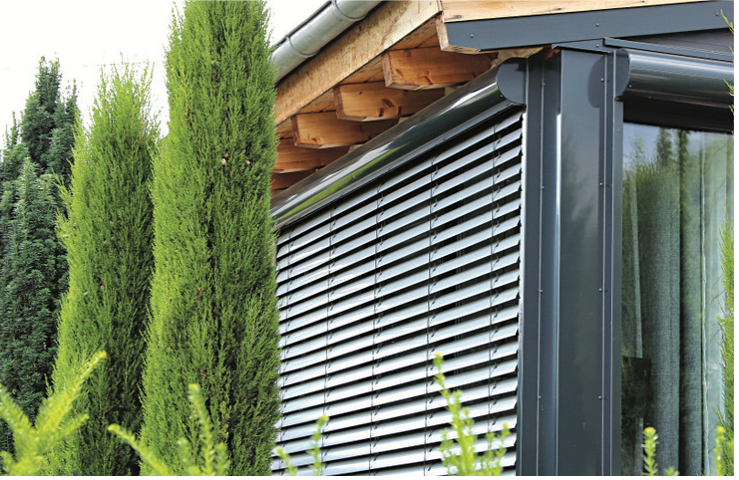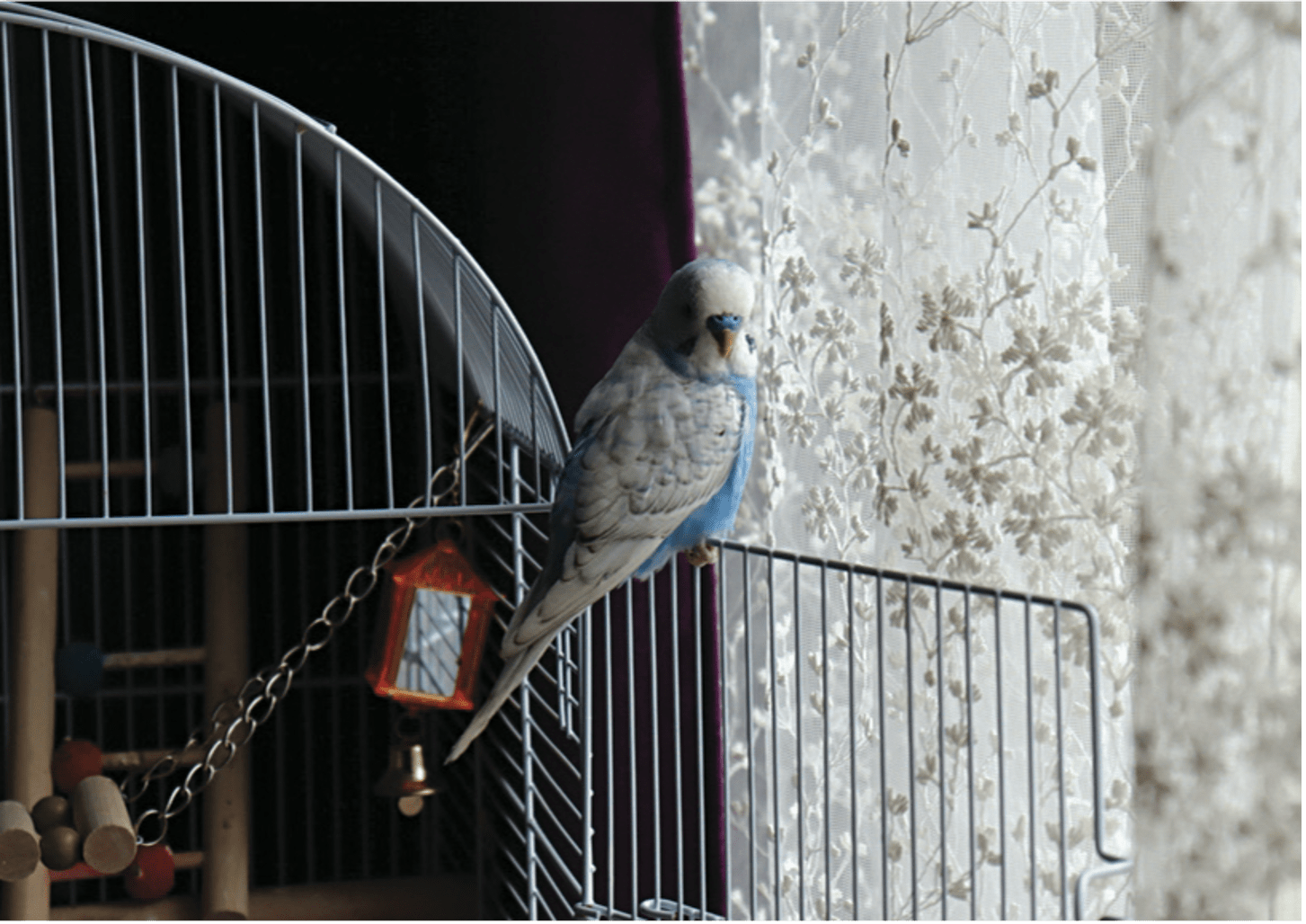In the absence of social interaction and while getting used to our new norm, many of us have found comfort in feathered friends. Though they might not require daily walks around the neighborhood like Dogs or need a litter box like Cats, birds have needs of their own.
Some people treat their birds like children – intelligent enough to find their way into spots they aren’t supposed to reach. If you’re interested in opening your home to birds of your own or leaving your garden free and safe for feathered visitors, read on to find out how!
- PROVIDE WATER
Whether you’re taking care of indoor birds or birds just stopping by, it’s important to set aside clean water for them to drink. You could place a birdbath in your garden or a shallow bowl or plate in your home.
Though water is essential, too much water could be fatal. According to pet health and nutrition website PetCoach, deep water bowls, aquariums, and water sources such as toilet bowls and jacuzzis could lead to accidental drowning.
Organisms in dirty water sources could also lead to serious infection in birds, so be sure to prevent them from accessing these.
Too much water could be fatal to birds! Make sure that water containers aren’t too deep for birds to accidentally drown in.

2. BE MINDFUL OF WINDOWS AND DRAPES
In a 2020 article for the New York Times, garden writer Margaret Roach stated that window glass is one of the two most serious dangers to birds. Birds don’t always understand how glass windows work, which means they can end up colliding with windows. Window strikes result in around a billion bird deaths a year in the US.
To prevent birds from attempting to fly through glass windows, one can use blinds, drapes, netting, decals, and exterior screens.

These accessories should also be examined often to ensure there aren’t any loose cords that could pose a danger to Birds.
Birds colliding with windows lead to a billion deaths each year in the US. Make sure to use decals or blinds to make sure birds don’t fly through the glass.
3. PLACE THEIR CAGE SOMEWHERE SAFE
In an interview with Animal Scene, Reese V. Corpus, a public servant and a mom to her feathered baby Peaky Minaj, said she places Peaky’s cage by her room’s window. That way, Peaky can look at the garden and street outside, as well as sing and communicate with other birds passing by. She says, “I hear their chorus sometimes and it’s the most relaxing thing in the world.”

Reese also makes certain that the area where she places Peaky’s cage has fresh circulating air. She often pulls Peaky’s cage closer to her when she sleeps, “beside a wide door leading to the veranda where there is also fresh air and she is protected against roaming street cats.”
Of course, Peaky gets time to fly around her mom’s room, too. But when she is in her cage, Reese knows she’s safe and happy.
Cats trying to get to a bird, even while the bird is in a cage, can lead to a lot of stress! Make sure your bird feels safe by placing their cage somewhere out of reach of predators.
4. TREASURE YOUR TREES
Trees are becoming more and more of a rarity in our gardens. While there are a host of other reasons to not cut them down, one important reason that’s frequently overlooked is how it benefits our birds.
Birds take refuge in trees for nesting, perching, and perhaps most importantly, food. When being chased by predators, they might hide in the trees in our yards.

A 2021 article written by Patrick Walshe for Eartheasy, a sustainable living business, suggests leaving snags or dying trees untouched or cutting them only partially instead of completely removing them. One could also prune any rotten parts of a tree. Whatever is left can still act as shelter for birds in need of it.
There are many reasons to keep trees in your yard. One good reason is that they provide refuge to birds who happen to be passing by!
5. AVOID PESTICIDES
There are lists of gardening products and pesticide alternatives approved by organic standards associations and national governments; consult them before using any pesticides in your yard or keeping any in your home.
Birds are curious creatures, and it’s easy to mistake pesticide granules for food or playthings. Household hazards such as pesticides can cause mild injury to your bird or even death.
If you fear your bird has ingested something dangerous, contact your veterinarian immediately.

To avoid tragic accidents, pesticides should always be stored away from both children and animal companions.
6. BEWARE OF CATS
According to Eartheasy, Cats are the number one reason for bird deaths
in urban areas. While it is possible for Cats and birds to coexist in a home, it seems more like the exception rather than the rule.
A 2020 article by Margaret Roach for the New York Times suggests that the best way to prevent bird deaths due to Cats is to “[k]eep pet [C]ats indoors.” If you have neighbors with Cats, consider asking them to keep their Cats indoors while there are Birds in your garden.
Making your home and garden Bird-friendly might sound like quite a bit of work, but it’s entirely possible and it’s what your Bird deserves. It’s always better to be safe than sorry when it comes to family.







